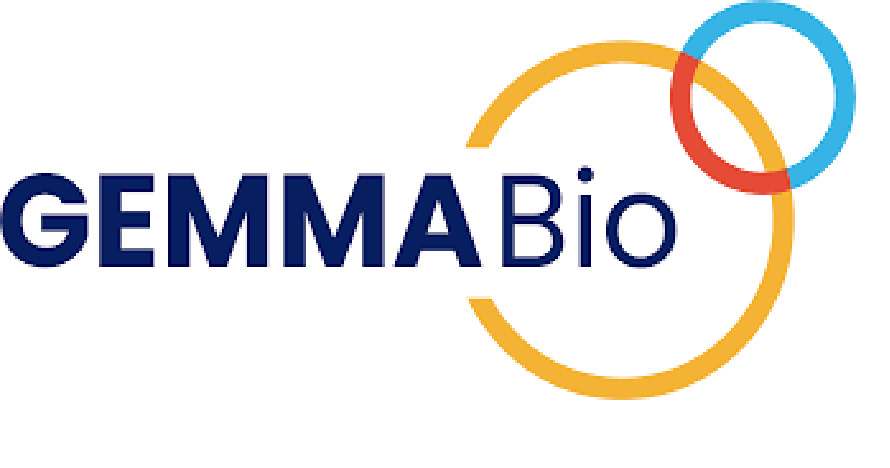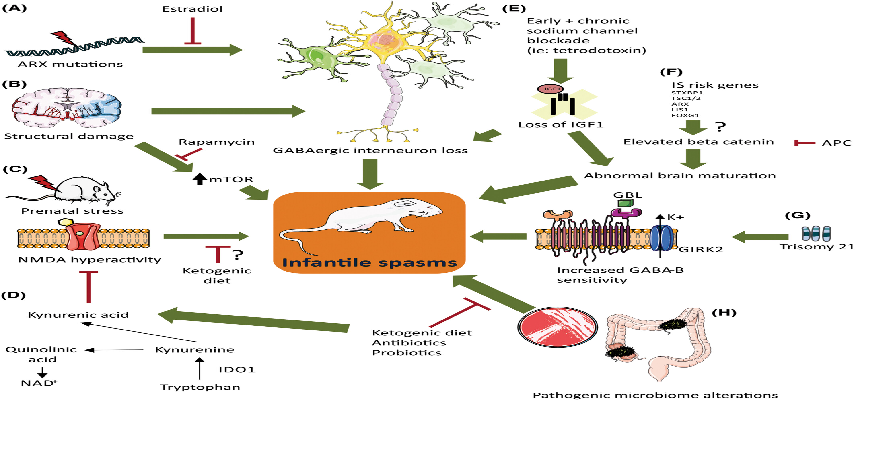Amgen announces phase 2 obesity study results of MariTide
Overview
Amgen, announced full results from part 1 of the phase 2 study of MariTide (maridebart cafraglutide, formerly AMG 133), a long-acting, peptide-antibody conjugate subcutaneously administered monthly or less frequently. In addition to these data, complete results from the primary analysis of the phase 1 pharmacokinetics low dose initiation (PK-LDI) study evaluating lower starting doses of MariTide were presented as part of an expert-led Symposium at the 85th American Diabetes Association Scientific Sessions and simultaneously published in The New England Journal of Medicine.
Phase 2 trial of MariTide
- In the phase 2 study, MariTide demonstrated up to ~20% average weight loss in people living with obesity without type 2 diabetes (T2D) compared with 2.6% in the placebo arm, and up to ~17% average weight loss in people living with obesity with T2D, compared with 1.4% in the placebo arm, per the efficacy estimand.
- Weight loss had not plateaued by 52 weeks, indicating the potential for further weight reduction.
- In addition to meaningful weight loss, MariTide demonstrated a robust and sustained reduction in hemoglobin A1c (HbA1c) of up to 2.2% in people living with obesity and T2D.
- Weight loss with MariTide was also accompanied by improvements across pre-specified cardiometabolic measures, including waist circumference, blood pressure, high-sensitivity C-reactive protein (hs-CRP) and select lipid parameters.
Words from executive vice president: R&D, Amgen
- MariTide delivered strong efficacy, including sustained weight loss without a plateau in the 52-week phase 2 study and meaningful improvements in cardiometabolic risk factors, representing a defining advance for the obesity field,"" said Jay Bradner, executive vice president of R&D at Amgen.
- These results, alongside the phase 1 Pharmacokinetics Low Dose Initiation data, have shaped our phase 3 MARITIME program. MariTide's monthly or less frequent dosing has the potential to improve adherence and long-term weight control, providing the opportunity to optimize health outcomes for people living with obesity, type 2 diabetes and related conditions.""
Safety signals & adverse events
- No new safety signals were identified in the phase 2 study and tolerability was consistent with the GLP-1 class.
- The most frequently reported adverse events (AEs) were gastrointestinal (GI) related, and most were mild to moderate.
- The study employed a rigorous daily patient reporting tool known as the MINVR (modified index of nausea/vomiting/retching) to actively solicit the presence of select GI symptoms in addition to standard unsolicited AE reporting.
- Gastrointestinal events were predominantly limited to initial dosing and less frequent when dose escalation was used without compromising efficacy.
- Discontinuation rates of MariTide due to GI AEs in the dose escalation arms (up to 7.8%) were lower than non-dose escalation arms.
Expert comment from Ania Jastreboff
- In this phase 2 study, participants living with obesity treated with MariTide had substantial weight reduction at 52 weeks without reaching a weight plateau,"" said Ania Jastreboff, M.D., Ph.D., professor at Yale School of Medicine and director of the Y-Weight Yale Obesity Research Center.
- • Additionally, robust improvements in HbA1c were observed in participants who had type 2 diabetes and obesity. These data demonstrate the potential for once monthly or less frequent dosing and are particularly encouraging as we seek sustainable, long-term treatments for people living with obesity, with and without type 2 diabetes.""
Phase 1 PK-LDI Study Supports Tolerability of MariTide Dose Escalation
- The phase 1 PK-LDI study assessed PK and also used the MINVR reporting tool to assess different dose escalation schedules of MariTide.
- The complete primary analysis showed participants that received 21 mg/70 mg/350 mg had an overall incidence of vomiting of 24.4% and participants that received 35 mg/70 mg/350 mg had an overall incidence of vomiting of 22.5%.
- There were no discontinuations due to GI AEs at any time during the study.
Amgen Advances MariTide into Phase 3 MARITIME Program for Chronic Weight Management
- Data from Phase 1 (PK-LDI) and Phase 2 studies of MariTide have laid the foundation for the Phase 3 MARITIME program.
- The 72-week Phase 3 trials will assess the safety, efficacy, and tolerability of MariTide in adults with obesity or overweight, both with and without Type 2 diabetes.
- Participants will be randomized to one of three target doses, beginning at 21 mg, escalating to 35 mg, and then 70 mg over an eight-week optimized titration period.
- In addition to chronic weight management, Amgen plans to initiate Phase 3 outcome studies in 2025 for:
- Atherosclerotic cardiovascular disease
- Heart failure
- Obstructive sleep apnea
- These studies reflect Amgen’s commitment to expanding MariTide’s therapeutic impact across multiple cardiometabolic conditions.

Optimize Your trial insights with Clival Database.
Are you exhausted from the uncertainty of trial insights pricing? Clival Database ensures the clarity in the midst of the global scenario for clinical trials to you.Clival Database is one of the best databases that offers an outstanding number of clinical trial data in terms of 50,000+ molecules and from primary regulatory markets as well as new entrants like Indian and Chinese markets.
With Clival, you get accurate positioning of historical sales data, patent database, company profiling, safety & efficacy, and prediction of launch of new innovative molecules helping you to align your research and driving down the cost.
To add value, we further break down our analytics for you so that improving your operational effectiveness; optimizing your clinical trials; and offering you accurate and high-quality data at lowest possible prices becomes possible.
Elevate your trial success rate with the cutting-edge insights from Clival database.
Check it out today and make more informed sourcing decisions! Learn More!







